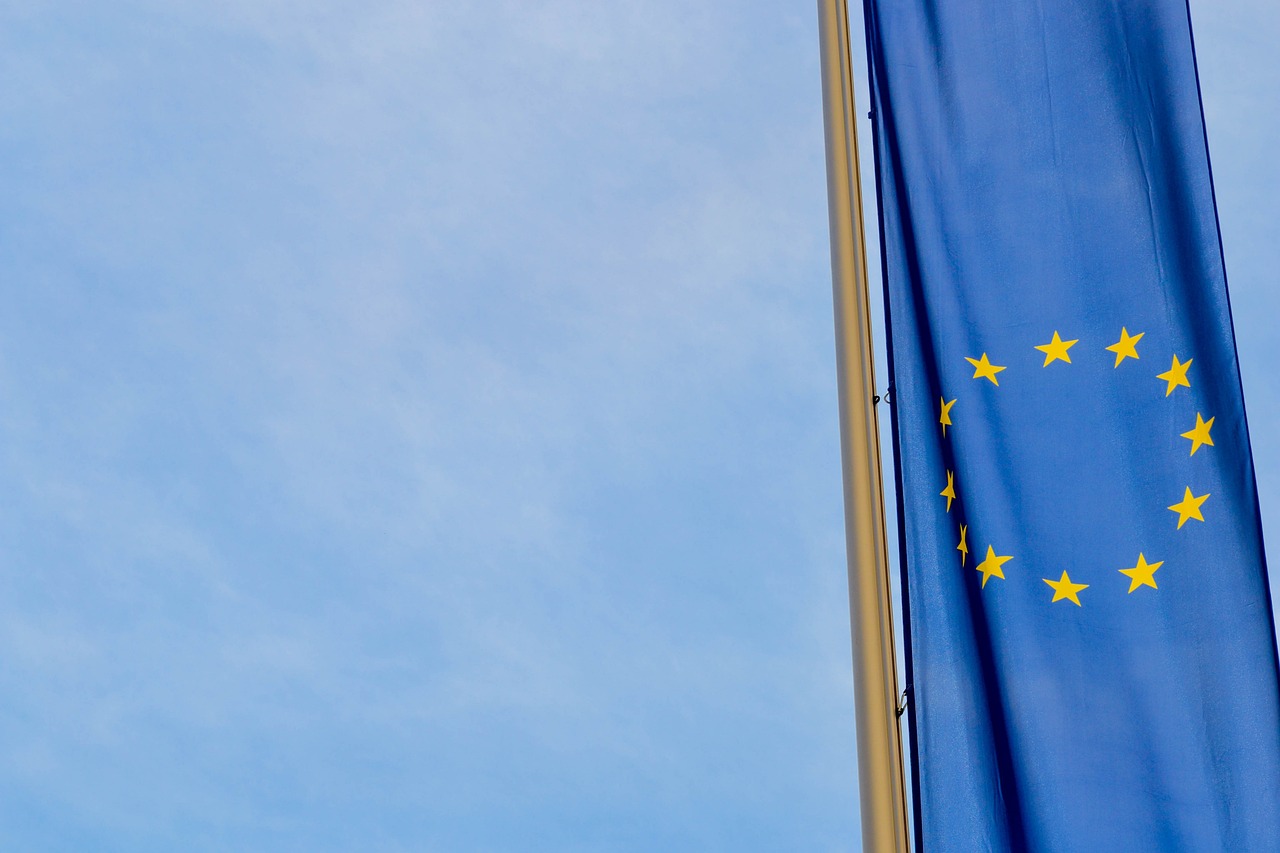
Apple has lost its long-standing legal battle with the European Union (EU) over a €13 billion ($14.4 billion) tax bill, marking the conclusion of a decade-long dispute.
Europe’s highest court ruled that the tech giant must repay the back taxes to Ireland, solidifying the European Commission’s claim that the company benefited from unlawful state aid for over two decades. This decision has significant implications for Apple, Ireland, and the EU’s efforts to regulate corporate taxation among multinationals.
The Court of Justice of the European Union stated in a press release: ““Ireland granted Apple unlawful aid which Ireland is required to recover.”
The Origins of the Dispute
The case dates back to 2016, when the European Commission, led by Margrethe Vestager, investigated Apple’s tax arrangements in Ireland. The Commission found that Ireland had granted Apple two tax rulings in 1991 and 2007, which allowed the company to route much of its European profits through Irish subsidiaries—Apple Sales International (ASI) and Apple Operations Europe (AOE)—while avoiding substantial taxation. By declaring much of its profits in non-taxable “head offices” that had no real operations, Apple paid an effective tax rate as low as 0.005% in 2014.
The Commission argued that these arrangements amounted to unlawful state aid, giving Apple an unfair competitive advantage over other companies operating in Europe. As a result, the Commission ordered Ireland to recover up to €13 billion in unpaid taxes from Apple.
The Legal Battle
Both Apple and Ireland strongly opposed the European Commission’s decision, and they appealed the ruling. Apple argued that the EU was attempting to retroactively change tax rules, stating that it had paid all taxes due under Irish law and that the profits were also taxed in the United States. Ireland, meanwhile, defended its low corporate tax rates and maintained that it had not granted any preferential treatment to Apple.
In 2020, the General Court of the European Union annulled the Commission’s decision, agreeing with Apple and Ireland that the Commission had failed to prove that Apple received selective tax advantages.
However, the European Commission appealed that ruling to the European Court of Justice (ECJ), the EU’s highest court, which ultimately overturned the General Court’s decision in September 2024.
The Final Ruling
The ECJ’s September 2024 decision is final, and it confirmed the European Commission’s 2016 ruling that Apple had received unlawful state aid from Ireland. The court ruled that Apple’s Irish subsidiaries had enjoyed tax treatment that was not available to other companies in Ireland, and thus the €13 billion must be recovered.
This ruling represents a significant win for the European Commission, particularly for Margrethe Vestager, who spearheaded the crackdown on tax arrangements between large corporations and EU member states. Vestager hailed the decision as a victory for “tax justice” and emphasized that all companies, regardless of size, must pay their fair share.
Today is a huge win for European citizens and tax justice.
👉In its final judgment, @EUCourtPress confirms @EU_Commission 2016 decision: Ireland granted illegal aid to @Apple.
Ireland now has to release up to 13 billion euros of unpaid taxes.
— Margrethe Vestager (@vestager) September 10, 2024
Apple’s Response
Apple expressed disappointment with the ruling, maintaining that it had fully complied with international and Irish tax laws. The company reiterated that the dispute was never about how much tax it owed but rather about which government should collect it. Apple also pointed out that it had paid billions in taxes to the United States on the same profits.
Ireland’s Role
Ireland’s government has also expressed its dissatisfaction with the ruling, despite being ordered to recover the €13 billion. Ireland’s low corporate tax rate—12.5%—has long attracted multinational corporations like Apple to establish their European headquarters in the country. While this tax policy has been a cornerstone of Ireland’s economic strategy, the government has now agreed to implement global corporate tax reforms.
In a statement, the Irish government acknowledged that the case was of “historical relevance” and affirmed that it does not provide preferential tax treatment to any company.
Broader Implications
The ECJ’s ruling against Apple is part of a broader effort by the EU to regulate corporate taxation and prevent multinational corporations from exploiting tax loopholes in member states. On the same day as the Apple ruling, the ECJ also upheld a €2.42 billion fine imposed on Google for abusing its dominance in the online shopping market. Both rulings highlight the EU’s continued focus on reining in Big Tech and ensuring a level playing field for all companies.
This legal precedent may influence future cases involving other tech giants and multinational corporations that benefit from favorable tax arrangements in certain countries.
Conclusion
The final ruling against Apple brings to a close one of the most high-profile corporate tax cases in recent history. It underscores the EU’s commitment to challenging tax practices it deems unfair, regardless of the size and influence of the companies involved. For Apple, the decision is a significant financial setback, but it also marks a broader shift in how multinational corporations may need to deal with tax laws within Europe.
The battle over Apple’s tax bill may be over, but the ongoing conflict between Big Tech and European regulators is likely to continue as the EU pushes for more corporate accountability on taxation and competition.
